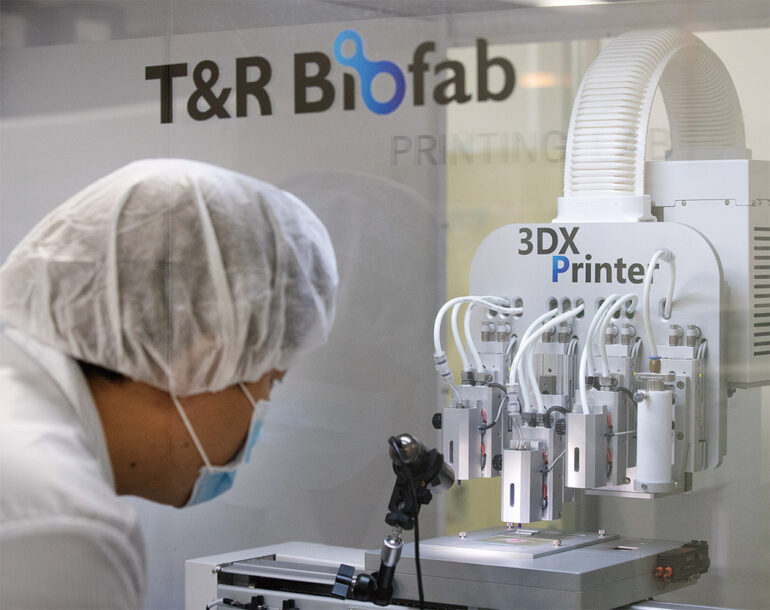A woman in South Korea has undergone the world’s first-ever windpipe transplant using a 3D-printed organ, marking a significant advancement in medical technology.
The successful procedure was conducted by a team of medical experts, who utilized 3D printing technology to create a custom windpipe tailored to the recipient’s needs. This groundbreaking approach aims to reduce the risk of rejection and offers hope to patients awaiting organ transplants.
The patient’s identity has not been disclosed, but her recovery following the procedure demonstrates the potential of this innovative medical technique.
According to reports, the procedure has sparked excitement within the medical community, with experts optimistic about the future of 3D-printed organs in transplantation.
As advancements in medical technology continue to evolve, there is hope for improved outcomes for patients with life-threatening conditions. The successful windpipe transplant represents a significant milestone in the field of organ transplantation, paving the way for further innovation and advancements in patient care.
“While it’s too soon to say that 3D-bioprinting could be the solution for the current shortage of organs for transplantation, it definitely increases the hopes to partially solve the issue for some organs or some specific indications, or at least fill the gap between classic medical devices and organ transplants,” Dr. Paulo Marinho, head of scientific strategy at T&R Biofab, told BBC Science Focus.
As the world celebrates this remarkable feat of medical ingenuity, it serves as a poignant reminder of the profound impact that innovation can have on human lives. In the quest for better health outcomes, the sky is truly the limit, and with continued dedication and collaboration, those involved in developing new solutions to old problems can pave the way for a brighter, healthier future for all.


